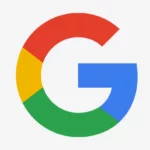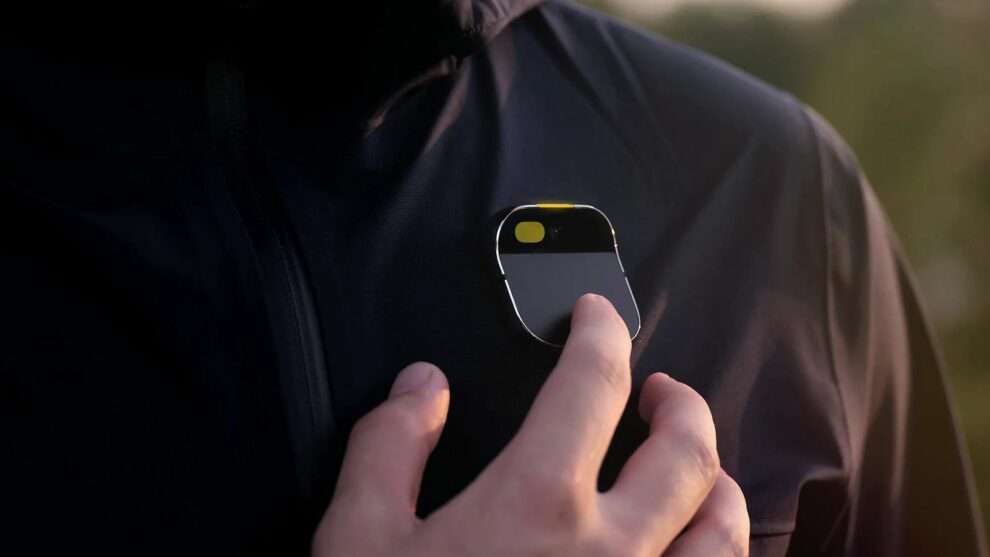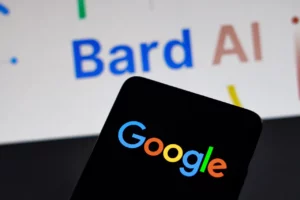The story of Humane’s AI Pin is one of ambition, hype, and ultimately, failure. Once heralded as a groundbreaking leap into the future of wearable technology, the AI Pin has officially reached the end of its short-lived journey. After just over a year on the market, Humane announced this week that it is discontinuing sales, ending connectivity services, and effectively rendering the device useless for existing users. For those who believed in its promise, the news is a bitter pill to swallow.
Humane introduced the AI Pin with lofty claims about revolutionizing how people interact with artificial intelligence. Marketed as a hands-free, display-less gadget capable of projecting information onto your palm via lasers, the device aimed to redefine personal computing by relying entirely on voice commands and gestures. Priced at $699, with an additional $24 monthly subscription fee for full access to its AI-powered features, the AI Pin was positioned as a premium product for early adopters eager to embrace cutting-edge innovation.
However, reality quickly set in. Reviews were scathing, describing the AI Pin as clunky, unreliable, and far from the transformative experience Humane had promised. Critics pointed out its limited functionality, frequent bugs, and awkward user interface. Prominent tech reviewer MKBHD famously labeled it “the worst product I’ve ever reviewed … for now,” while Digital Trends likened it to “a miserable smartphone replacement.” Despite initial buzz surrounding its unconventional design, consumer interest waned almost as soon as the first units hit the market.
Now, less than a year after its launch, Humane has pulled the plug. In an announcement posted on its website, the company revealed that it is “winding down” the AI Pin project to focus on new ventures. The decision comes amid reports that HP has offered to acquire Humane’s assets in a deal reportedly worth $116 million—a fraction of the valuation Humane had reportedly sought last year. While the acquisition may signal a fresh start for the company, it marks the definitive end for the AI Pin.
Effective immediately, no new purchases can be made, and starting February 28, the device will lose all connectivity to Humane’s servers. This move essentially bricks the AI Pin, leaving current owners with nothing more than an expensive paperweight. To make matters worse, Humane plans to permanently delete all customer data, including personally identifiable information (PII), from its servers on the same date. For users who entrusted their data to the company, this adds insult to injury.
As part of the shutdown process, Humane outlined a refund policy—but only for select customers. Those who ordered the AI Pin but haven’t completed setup will have their orders automatically canceled and receive a full refund. However, anyone who purchased the device more than 90 days ago is ineligible for reimbursement. According to the company’s FAQ page, refunds are available only for products shipped on or after November 15, 2024. All refund requests must be submitted by February 27, 2025.
For many early adopters, this policy feels like a slap in the face. These individuals invested not only financially but also emotionally in the vision Humane presented. They hoped for software updates, improvements, or even a second-generation model that might address the original’s shortcomings. Instead, they’re left holding a defunct device with little recourse.
The demise of the AI Pin serves as a stark reminder of the risks inherent in rushing unpolished products to market. Humane undoubtedly deserves credit for attempting something bold and different—a wearable AI assistant without a screen was undeniably novel. But novelty alone isn’t enough to sustain a product. The AI Pin suffered from fundamental flaws that should have been addressed before it ever saw the light of day. Its premature release alienated potential supporters and tarnished Humane’s reputation in the process.
Moreover, the situation raises broader questions about accountability in the tech industry. When companies fail to deliver on promises, who bears the cost? In this case, it’s the consumers who took a chance on Humane’s vision. While the company moves forward with new endeavors, supported by HP’s acquisition, those who backed the AI Pin are left empty-handed.
Looking ahead, Humane has hinted at sharing more details about its future plans, though specifics remain scarce. Whether the lessons learned from the AI Pin’s failure will inform these upcoming projects remains to be seen. One thing is certain: the company faces an uphill battle in rebuilding trust among both investors and consumers.
In the meantime, the AI Pin joins the growing list of tech flops—products that captured imaginations but couldn’t live up to expectations. From Google Glass to Amazon’s Fire Phone, history is littered with examples of ambitious ideas that fell flat. What sets the AI Pin apart is the speed of its downfall. Within a year, it went from being hailed as the next big thing to becoming obsolete.
As the dust settles, one question lingers: Could the AI Pin have succeeded if given more time? Perhaps. But in today’s fast-paced tech landscape, patience is often in short supply—for companies and consumers alike. Humane gambled on delivering a revolutionary product too soon, and now it must contend with the consequences. For the rest of us, the AI Pin stands as a cautionary tale about the perils of chasing innovation at the expense of execution.
















Add Comment